Pandanus amaryllifolius, commonly known as the Pandan plant or Pandan leaves, is a tropical plant…
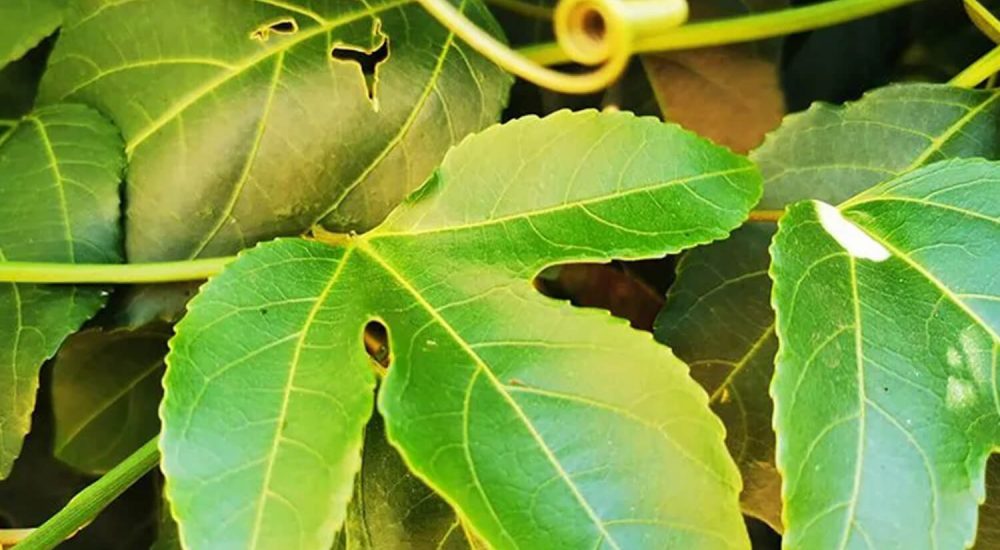
4 Benefits of Passiflora Edulis Leaves
Passiflora edulis, commonly known as passion fruit, is a tropical vine species belonging to the Passifloraceae family. It is native to South America, particularly Brazil, Paraguay, and northern Argentina. Passion fruit is now cultivated and enjoyed in various tropical and subtropical regions around the world.
Passiflora edulis is known for its distinctive fruit, which is round to oval in shape and typically measures around 5 to 8 centimeters in diameter. The fruit has a thick, leathery rind that ranges in color from purple to yellow, depending on the variety. Inside the fruit, there is a pulpy, juicy, and aromatic flesh filled with numerous small black seeds. The flavor of passion fruit is sweet-tart, with a tropical and slightly citrusy taste.
Passion fruit is consumed both fresh and processed into various culinary creations. The pulp and seeds can be scooped out and eaten as is, or the juice can be extracted and used in beverages, desserts, sauces, and other culinary preparations. Passion fruit is also used to make jams, jellies, ice creams, and cocktails due to its distinct flavor and vibrant color.
In addition to its culinary uses, passion fruit is known for its nutritional content. It is a good source of vitamins A and C, dietary fiber, and antioxidants. Passion fruit is also associated with potential health benefits, including supporting digestion, boosting the immune system, and providing anti-inflammatory properties. However, further scientific research is needed to substantiate these claims.
Passiflora edulis is a popular and versatile fruit known for its unique flavor and nutritional profile. It is enjoyed both for its taste and potential health benefits in many parts of the world.
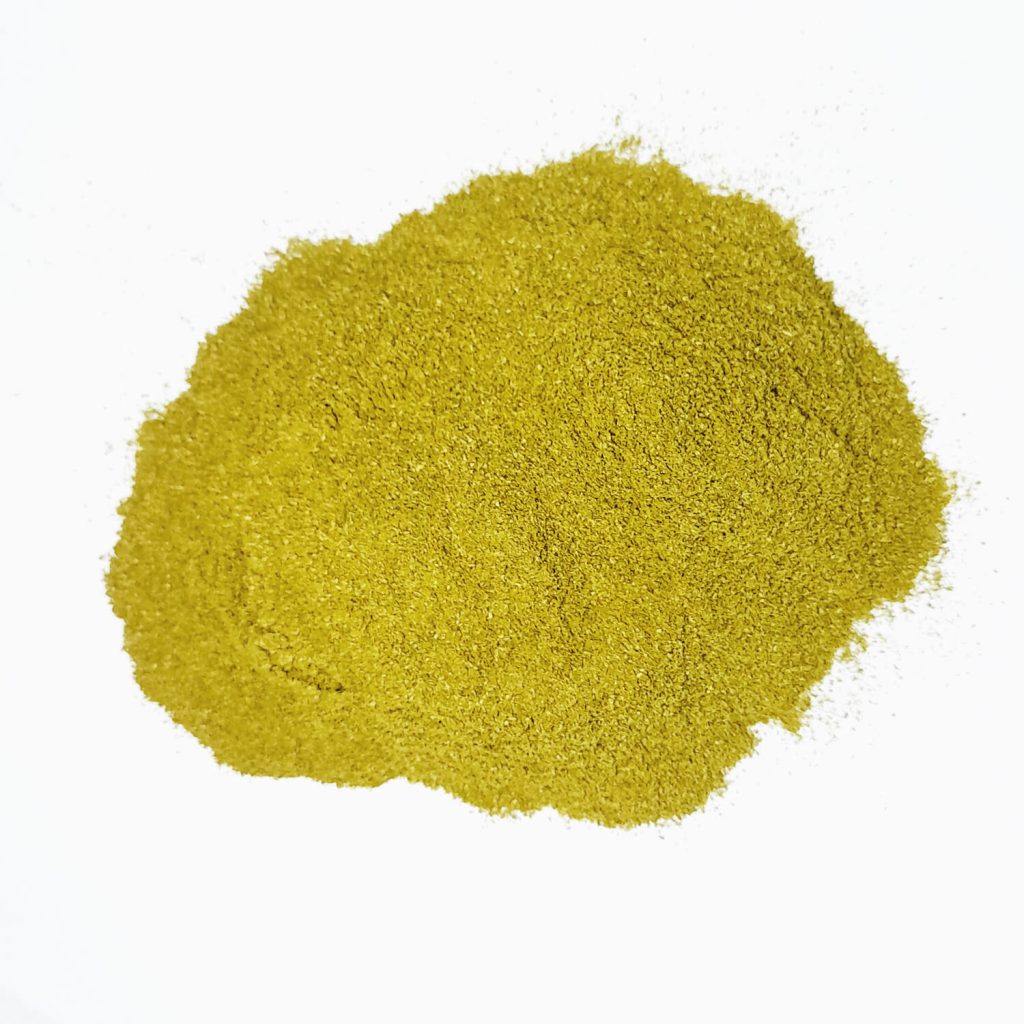
Benefits of Passiflora Edulis Leaves
While the fruit of Passiflora edulis, or passion fruit, is widely recognized for its health benefits, the leaves of the plant are not commonly consumed or studied for their specific benefits. Therefore, the potential benefits of Passiflora edulis leaves are relatively limited and not extensively researched. However, it’s worth noting that passion fruit leaves are sometimes used in traditional medicine practices for various purposes. Here are a few potential benefits associated with Passiflora edulis leaves, although more scientific research is needed to confirm these claims:
- Sedative and calming effects: Passion fruit leaves are sometimes used in traditional herbal remedies to promote relaxation, relieve stress, and aid in sleep. Some compounds present in the leaves may possess sedative properties, but further studies are required to understand the specific mechanisms and efficacy.
- Antioxidant activity: Like other parts of the passion fruit plant, the leaves may contain antioxidant compounds that help protect against oxidative stress and reduce damage caused by free radicals. Antioxidants play a crucial role in maintaining overall health and may have potential benefits for various aspects of well-being.
- Anti-inflammatory properties: Some traditional uses of passion fruit leaves suggest they have anti-inflammatory properties. These properties could potentially contribute to reducing inflammation in the body, which is associated with various health conditions. However, scientific studies investigating the anti-inflammatory effects of passion fruit leaves are limited.
- Digestive support: In traditional medicine practices, passion fruit leaves have been used to aid digestion and alleviate certain gastrointestinal issues. However, scientific evidence supporting these claims is lacking, and further research is needed to explore the potential digestive benefits of passion fruit leaves.
It’s important to note that while passion fruit leaves may have some potential benefits, they are not widely studied or recognized for their specific therapeutic properties. As with any herbal remedy, it is advisable to consult with a healthcare professional before using passion fruit leaves for medicinal purposes to ensure safe and appropriate use.
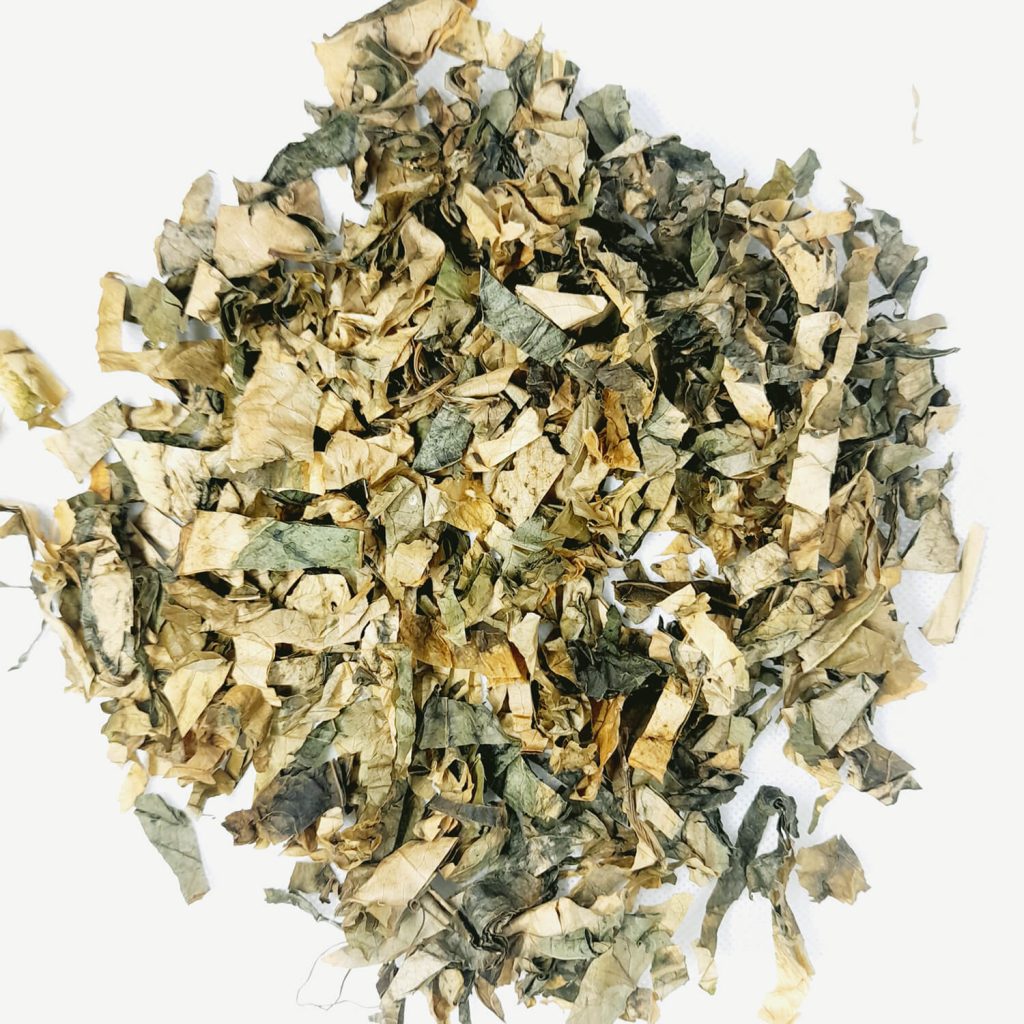
How to use Passiflora Edulis Leaves
Passiflora edulis leaves, or passion fruit leaves, are not commonly used for culinary purposes. However, they can be utilized in a few ways. Here are a few suggestions on how to use Passiflora edulis leaves:
- Herbal tea infusion: Passion fruit leaves can be used to make a herbal tea infusion. To prepare the tea, gently wash the leaves to remove any dirt or debris. Then, add a few leaves to a cup of hot water and let it steep for about 5-10 minutes. You can adjust the steeping time according to your preference for flavor and strength. Strain the tea and enjoy it as is or add sweeteners like honey or sugar if desired. Passion fruit leaf tea may have a mild and slightly herbal taste.
- Bath infusion: Passion fruit leaves can also be used to infuse a relaxing herbal bath. Collect a handful of fresh leaves and place them in a muslin bag or a clean cloth. Tie it securely and hang it under the running water while filling the bathtub. The hot water will extract the aromatic properties of the leaves, creating a soothing and fragrant bath experience.
- Potpourri or sachets: Dried passion fruit leaves can be used to create potpourri or sachets. Collect fresh leaves and dry them thoroughly in a cool, well-ventilated area until they are brittle. Once dried, they can be placed in decorative bowls or small fabric sachets and used to add a pleasant scent to rooms, closets, or drawers.
- Herbal steam: Passion fruit leaves can be used for herbal steam inhalation. Boil a pot of water and add a few fresh or dried leaves to the boiling water. Cover your head with a towel and lean over the pot, allowing the steam to rise to your face. Breathe deeply and enjoy the aroma. Herbal steam with passion fruit leaves can provide a soothing and relaxing experience.
Remember, passion fruit leaves are primarily used for their aroma and potential mild therapeutic effects. As with any herbal remedy, it is advisable to consult with a healthcare professional before using passion fruit leaves for medicinal purposes to ensure safe and appropriate use.

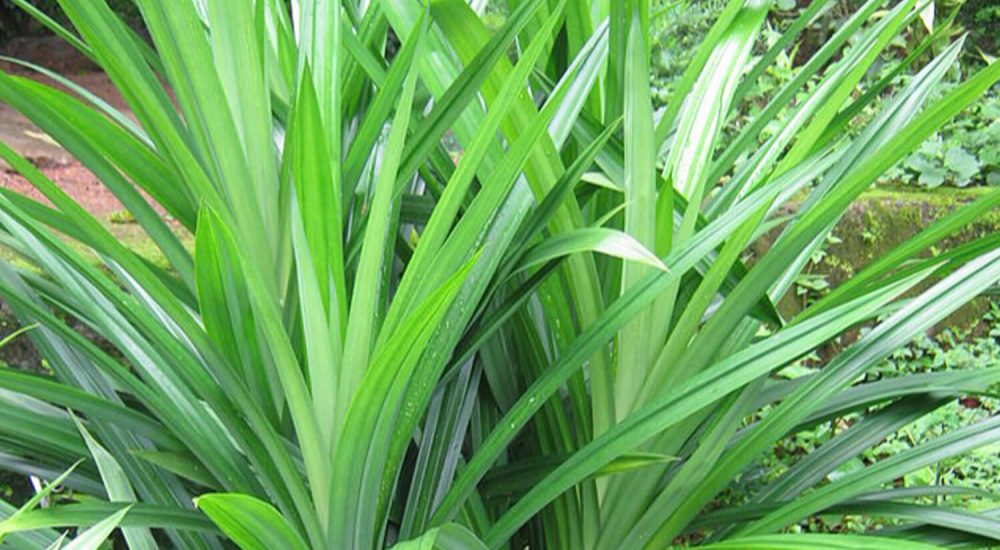

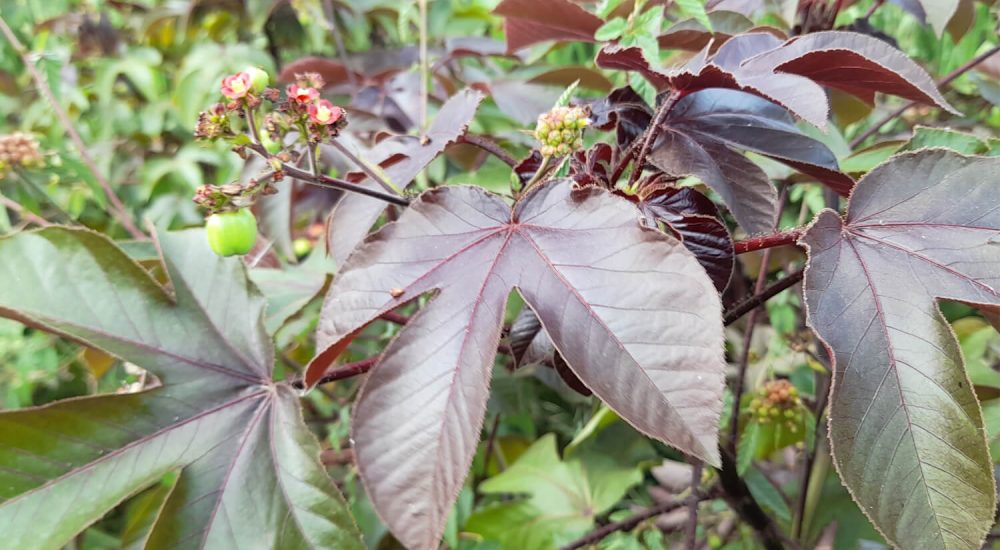
This Post Has 0 Comments